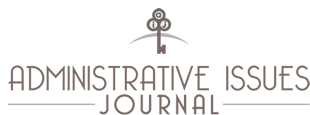
Abstract
his study provides empirical support that extracurricular participation correlates positively and significantly to future education, both directly and indirectly. However, which type of extracurriculars are best for students in their pursuit of higher education, sport or non - sport activities? Rooted in Social Capital Theory, the present study focuses on which type of participation provides the best capacity to acquire social capital that correlates to gains in higher education. Structural equation modeling was used with a representative, longitudinal sample of 5,239 ninth through twelfth graders. Total effects reveal that mixed participation (at least one sport and one non - sport activity) correlate with the highest future levels of education. This study greatly aids educational administrators’ decisions including extracurricular offerings, funding, and experiential context to improve life chances of students.
Recommended Citation
Long, Roxanne
(2020)
"Protect Students’ Educational Futures Through Social Capital Opportunities In Sport And Non - Sport Extracurricular Activities,"
Administrative Issues Journal: Vol. 10:
Iss.
1, Article 5.
Available at:
https://dc.swosu.edu/aij/vol10/iss1/5
Included in
Health and Medical Administration Commons, Higher Education Administration Commons, Public Administration Commons
Please consider contributing an article to Administrative Issues Journal, our submission policy: http://www.swosu.edu/academics/aij/guidelines.aspx
